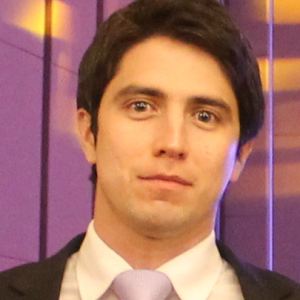Primary tabs
Profile
Profile Overview

Biography
M.SC. HECTOR A. GONZALEZ is currently working as scientific staff and pursuing his PhD at the Chair for Highly-Parallel VLSI-Systems and Neuromorphic circuits at Technische Universität Dresden, Germany. He received the B.Sc. degree in Electronics Engineering from the Electrical Engineering and Electronics Department at the National University of Colombia, Bogota, Colombia, in 2011. He obtained the M.Sc. degree in Microsystems Engineering in 2017 from Khalifa University (Masdar Institute Campus), in collaboration with MIT, Abu Dhabi, United Arab Emirates (UAE). From 2011 to 2015, he held multiple industrial positions as senior engineer and maintenance planning leader in the area of Instrumentation & Control Electronics at Massy Energy and Wood Group PSN. His honors and awards include eight fee remission recognition for obtaining the best GPA in the Faculty of Engineering at the National University of Colombia, two Enrolments of Honor for getting the best average in the entire Electrical Engineering and Electronics Department from the same university, a scholarship given by the Malaysian Technical Cooperation Programme (MTCP) for an immersion training in supervision in the Oil & Gas Industry at the Institut Teknologi Petroleum (INSTEP) Petronas and the Petronas Leadership Centre, Kuala Terengganu and Kuala Lumpur, Malaysia. He was also awarded the Richard Newton fellowship at the Design Automation Conference (2018), San Francisco, United States of America (USA), and a full graduate scholarship in the top research institute of renewable energies, Masdar Institute, UAE. He is the author of several publications covering the areas of digital system verification, digital signal processing for frequency-modulated continuous-wave radar, emotion detection and industry applications. His current research interests include neuromorphic computing, hardware design for machine learning algorithms, biomedical applications and digital signal processing for radar systems.


